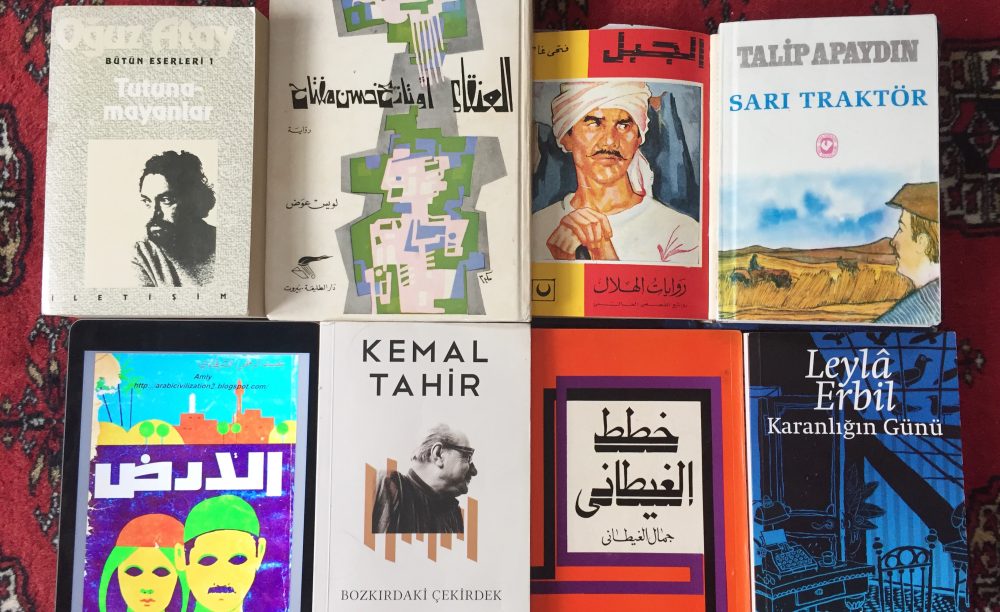
the poetic function of literature as a method for decoding life, addressed to the masses, and so already political
Sartre on committment: Sartre proposed a kind of gentleman’s agreement, by opposing the intransitivity of poetry to the transitivity of prose writing. Poets, he assumed, used words as things, and had no commitment to the political use of communicative speech. Prose writers, by contrast, used words as tools of communication and were automatically committed to the framing of a common world. But the distinction proved to be inconsistent.
– Sartre explains Flaubert’s petrification of language (intransivity of prose writing) as the contribution of bourgeois writers to the strategy of their class.
classically there was a hierarchy of style with subject matter, Flaubert made the absolutization of style radically egalitarian same thing going on with Arabic and Turkish, interesting comparison to make here
Voltaire says that Corneille’s audience was made of officials, people for whom speaking was the same as acting.
“the mute letter,” by contrast, spoke to anybody, without knowing to whom it had to speak, and to whom it had not.
– In my book The Names of History, I proposed to give the name of “literariness” to this availability of the so-called “mute letter” that determines a partition of the perceptible in which one can no longer contrast those who speak and those who only make noise, those who act and those who only live. Such was the democratic revolution pinpointed by the reactionary critics.
– Literature is the art of writing that specifically addresses those who should not read.
-Meaning was no longer a relationship between one will and another. It turned out to be a relationship between signs and other signs.
1800 De la littérature, Jules Michelet : writing is not imposing one will on another, in the fashion of the orator, the priest or the general. It is displaying and deciphering the symptoms of a state of things.
-new “politics” of literature is at the core of the so- called realistic novel. Its principle was not reproducing facts as they are, as critics claimed. It was displaying the so-called world of prosaic activities as a huge poem—a huge fabric of signs and traces, of obscure signs that had to be displayed, unfolded and deciphered.
-In the old representational regime, the frame of intelligibility of human actions was patterned on the model of the causal rationality of voluntary actions, linked together and aimed at definite ends. Now, when meaning becomes a “mute” relation of signs to signs, human actions are no longer intelligible as successful or unsuccessful pursuits of aims by willing characters. And the characters are no longer intelligible through their ends. They are intelligible through the clothes they wear, the stones of their houses or the wallpaper of their rooms. Language, dialect, dialogue in their sociolinguistic complexity as the “mute signs” of T/E literature
-deciphering literature using the Marxian of Fruedian key, their critical explanation of what literature “says” relies on the same system of meaning that underpinned the practice of literature itself. Explaining close-to-hand realities as phantasmagorias bearing witness to the hidden truth of a society, this pattern of intelligibility was the invention of literature itself.
-Literature had become a powerful machine of self-interpretation and self-poeticzation of life, converting any scrap of everyday life into a sign of history and any sign of history into a poetical element.
-First, I have tried to substantiate the idea that so-called interpretations are political to the extent that they are reconfigurations of the visibility of a common world. Second, I would suggest that the discourse contrasting interpretive change and “real” change is itself part of the same hermeneutic plot as the interpretation that it challenges.

